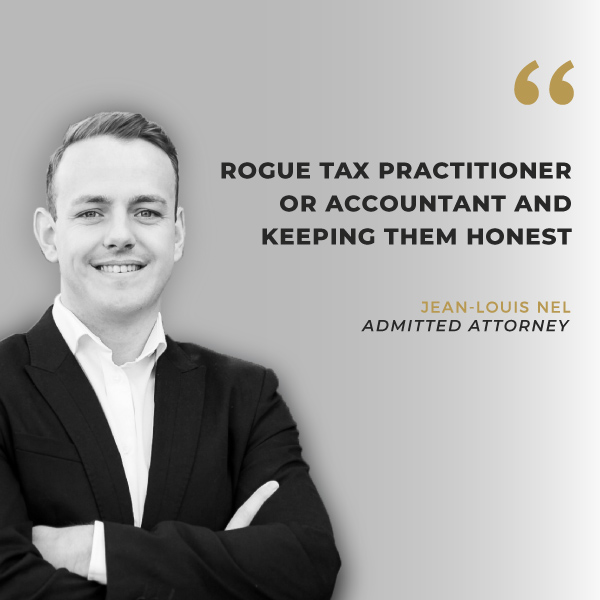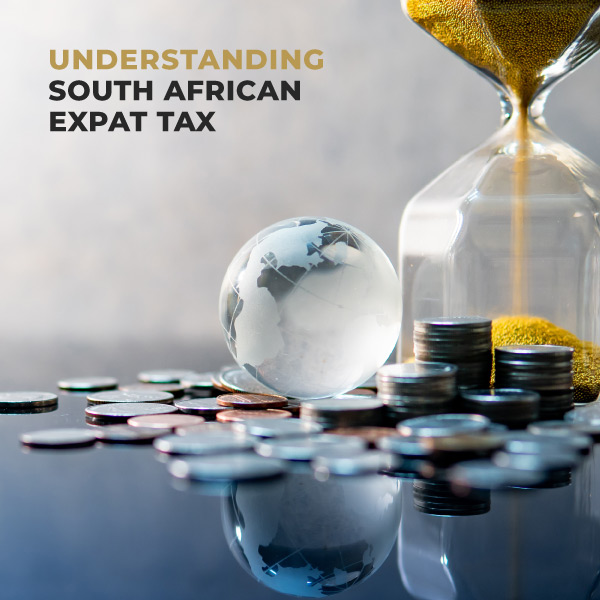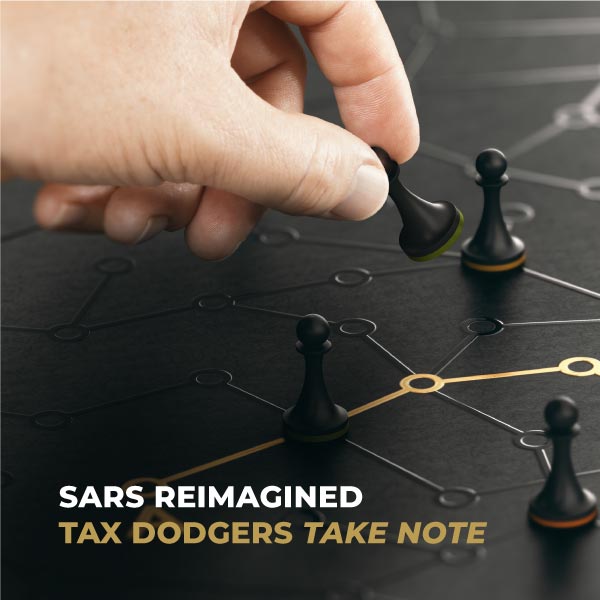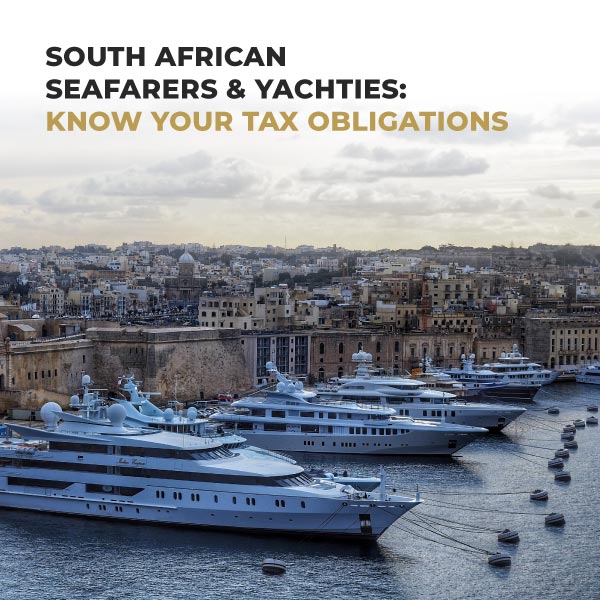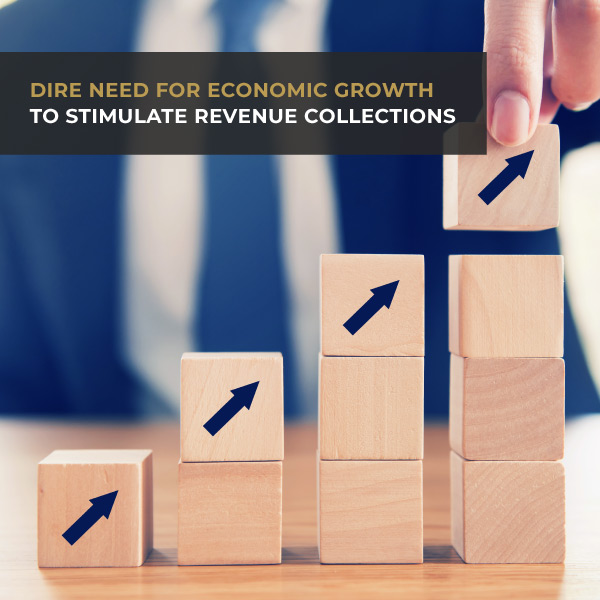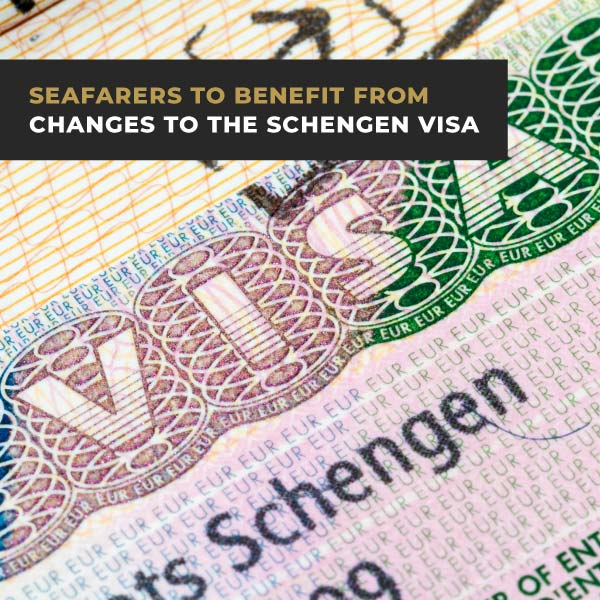NEWS | THE STATE NEEDS WEALTH TO ESTABLISH A SOVEREIGN WEALTH FUND
The notion of creating a sovereign wealth fund for South Africa is a contradiction in terms. Jean du Toit, senior admitted attorneys at Tax Consulting SA, says this would imply that we do have surplus funds.


